The impact of packaging waste

Whether apples, pasta, gummy bears or toilet paper - actually all supermarket products are packed in plastic. There is also a simple reason for this: Plastic is a particularly versatile packaging material and cheap to produce. The structure of the plastic is particularly suitable for food, as it is extremely stable and insensitive to external influences.
But if all cucumbers in Germany were shrink-wrapped, 6,500 soccer fields could be covered with their foil.
Plastic is made from petroleum and first turned into petroleum. Through various chemical processes, the components of the raw petrol can be broken up and re-arranged. The new structures resemble a kind of chain or net and make plastics more break-resistant compared to other packaging materials such as glass or aluminum.
Plastic can be divided into 3 main groups:
1. Group "Thermoplastics":
- Can be remelted and reshaped very often, eg PET bottles
2. Group "Duroplasts":
- Dimensionally stable even in the heat and should be stable and last a long time, eg fire brigade helmets
3. Group "Elastomers":
- Elastic, not fusible, eg rubber rings
Too much plastic packaging
Did you know that around half of all packaging is made of plastic? The trend is rising. Crazy, right?
Plastic is extremely harmful to the environment and animals. Because large amounts of plastic do not end up in landfills or are incinerated, but end up in our nature. And this is exactly where the advantages for the industry become disadvantages for the environment. Because plastic doesn't just decompose. If that happens at all, it can take up to 400 years. Exposed to environmental influences, the plastic seems to disappear, but it decomposes into microplastics. This miniature plastic is hardly recognizable to the human eye and is therefore greatly underestimated. We consume around 5 g of microplastics per week, which is the amount of a credit card.
In the blog post "Invisible Plastic Danger?" we have already compiled for you what is meant by microplastics and went into more detail about the dangers for humans and the environment.
We at puremetics have declared war on this cycle and are therefore working together with Cleanhub and Greenworms . For every order we receive, we collect 1 kilogram of plastic waste in coastal regions of India.
recycling
Unfortunately, only a small part of the waste is recycled in Germany. Much of it ends up in incinerators. Although energy is generated in the process, the fossil raw materials used are lost in the process. In addition, plastic waste is exported abroad every year. In 2020 it was more than a million tons.
Political incentives
In January 2019, a new packaging law came into force in Germany. The goal of the law: In the future, more packaging should be recycled. So far, reusing plastic packaging has not been that easy. Because the plastic can only be recycled if it is sorted (one type of plastic). However, many packages are made of different plastics. Easily recyclable plastic can be sorted, shredded and melted down to be used in the production of new plastic products. However, food packaging such as yoghurt pots or sausage packaging may not be made from recycled plastic for hygienic reasons.
Plastic free bathroom
You will still find a lot of plastic, especially in conventional cosmetic products. Sometimes only the packaging, but sometimes also in the product itself. But it also works without it! We prove that in our products. We do not find any plastic or microplastics in our products or in the packaging.
If you would like to switch your bathroom to plastic-free, we have put together a small checklist for you with products that are very easy to replace:
- shampoo
- shower gel
- hair conditioner
- body scrub
- callus file
- hand soap
- face wash gel
- Day and night cream
- Hand and foot cream
- Dental care (toothbrush, toothpaste, toothbrush & mouthwash)
- dry shampoo
- hairbrush
- face mask
- face brush
- Razors and shaving foam/gel
- Cleaners (window, all-purpose, bathroom and toilet cleaners)
- Disposable Cleaning Cloths
- Toilet paper
- menstrual products
Please leave a comment if you think of other products.
Our tip:
Plastic-free groceries can be easily bought in zero-waste stores. Products in large containers are also great, as they save on small individual packaging. After your purchase you can also spread your products out on the table. Maybe you will discover one or the other product that can be bought plastic-free in the future.
If you would like to be informed directly about the latest blog posts, please follow us Instagram ! :-)
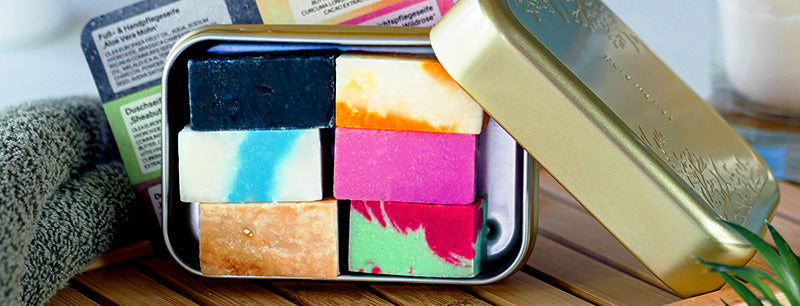
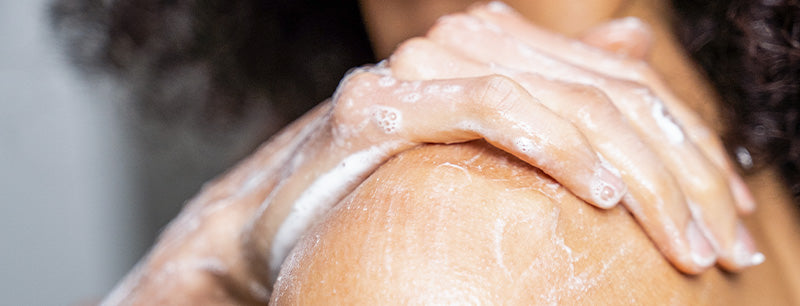
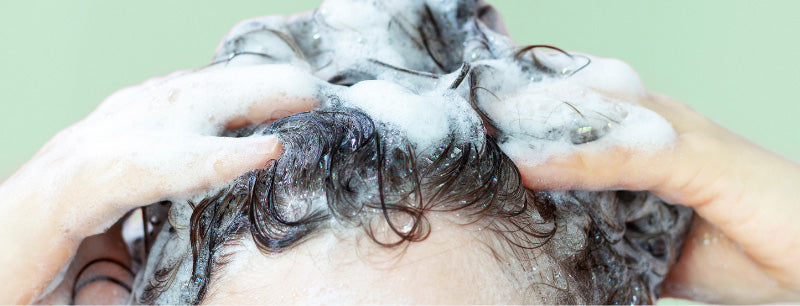
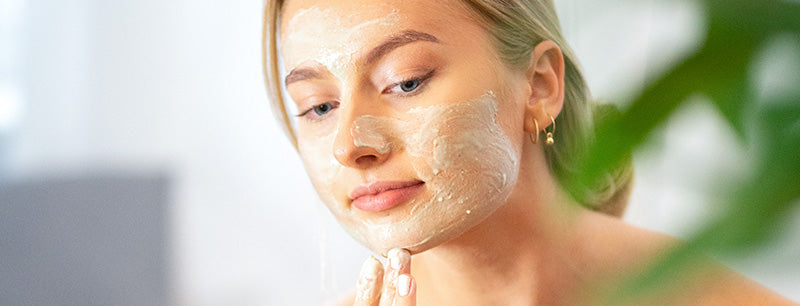
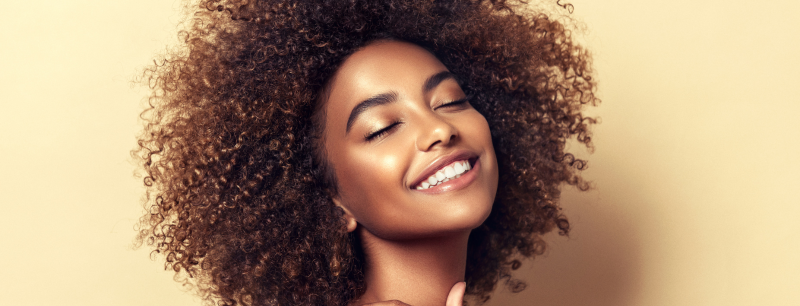
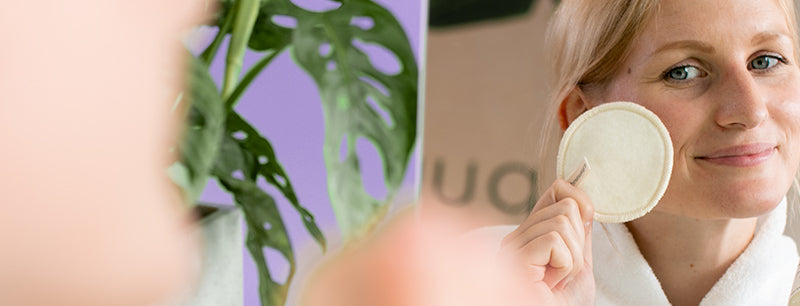
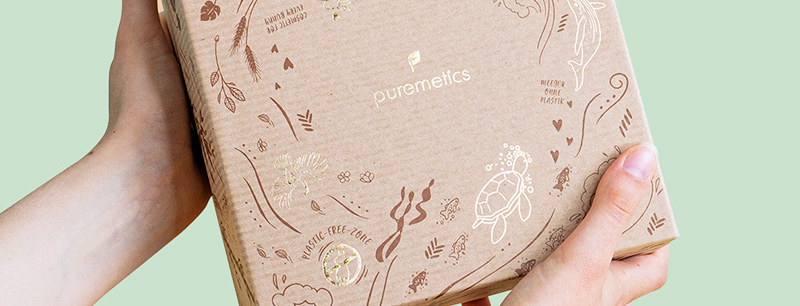

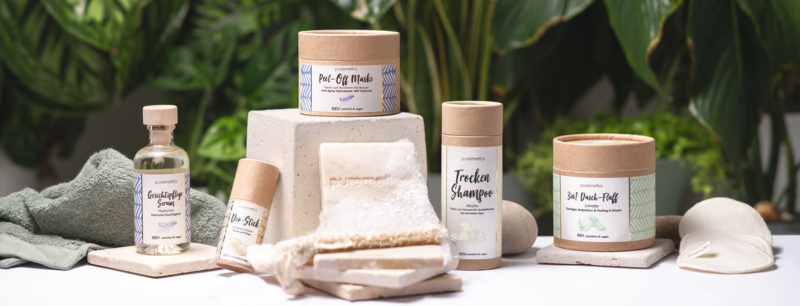





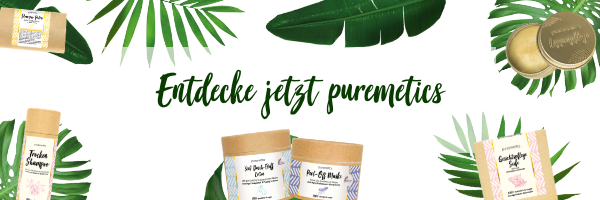



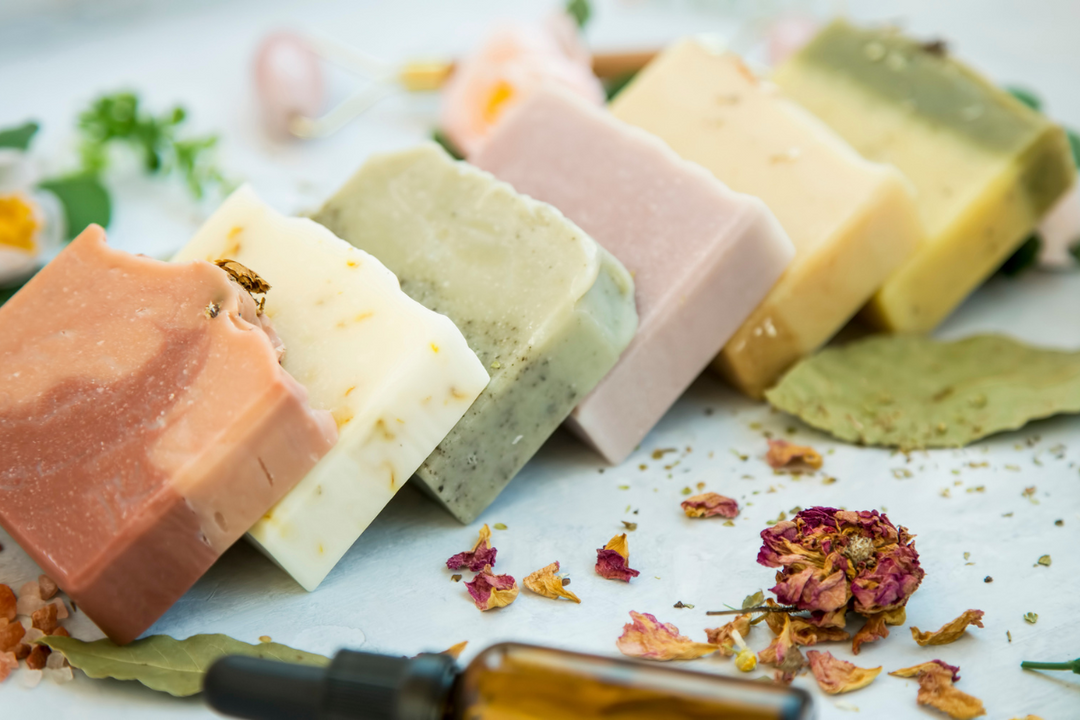

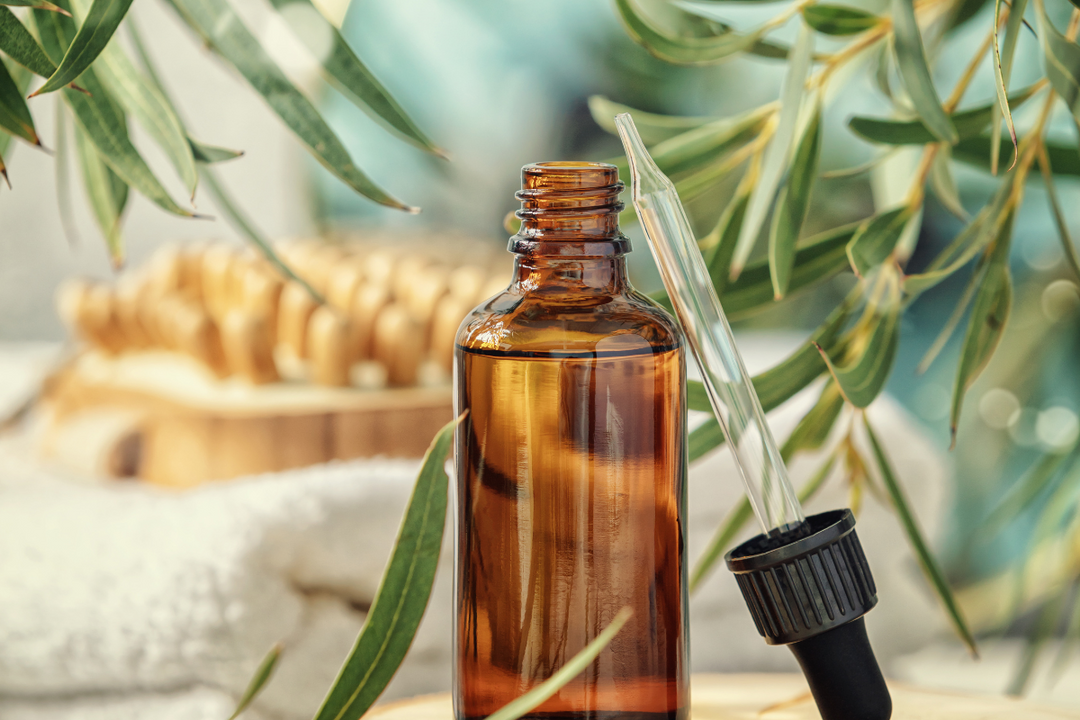
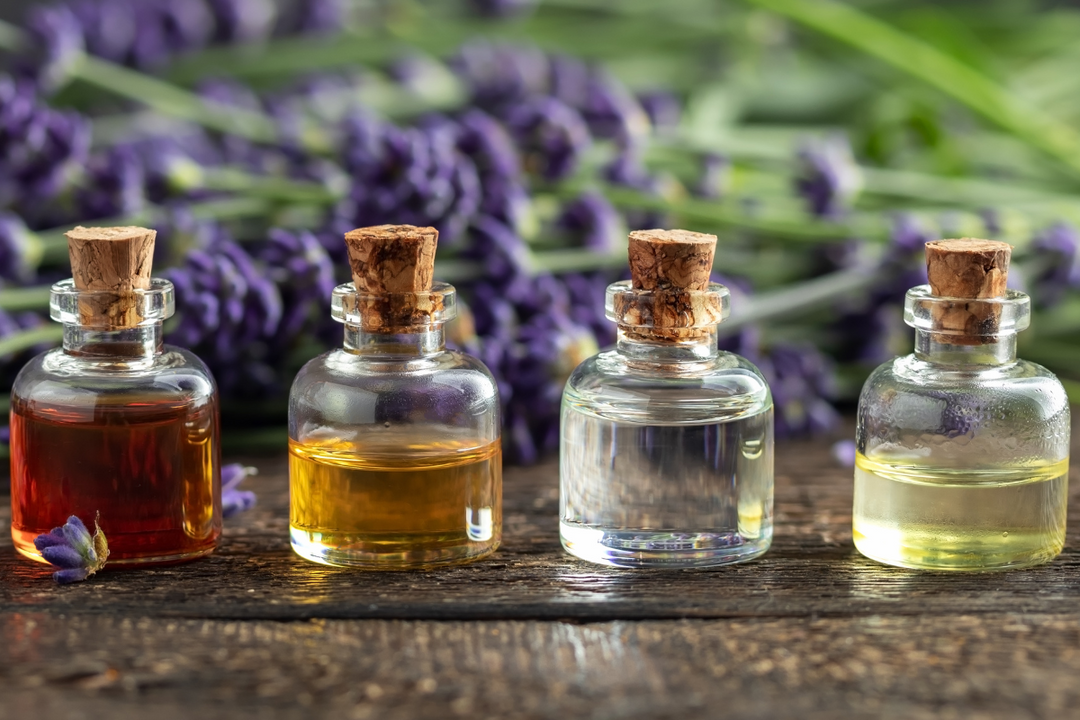

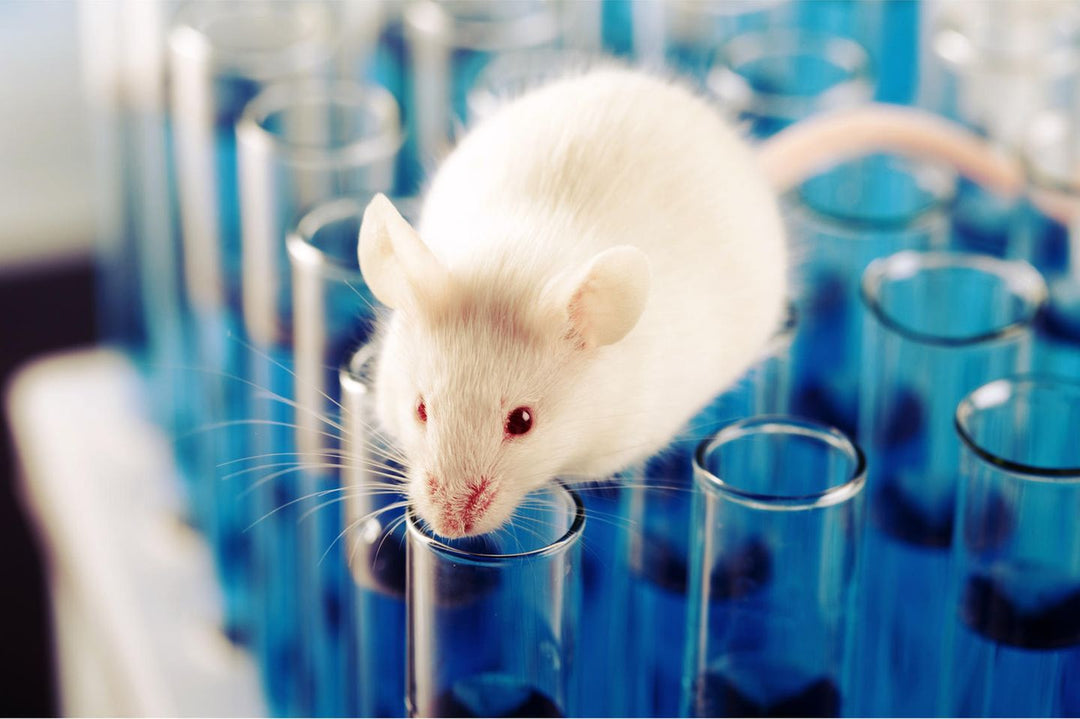
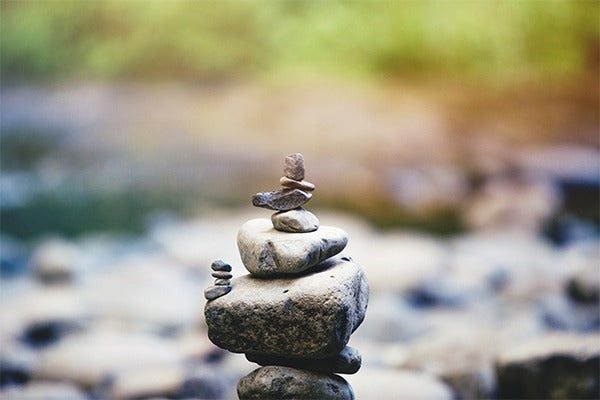
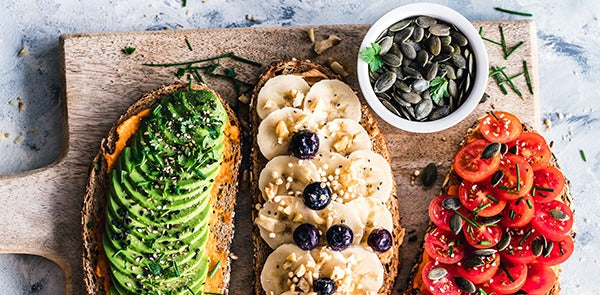
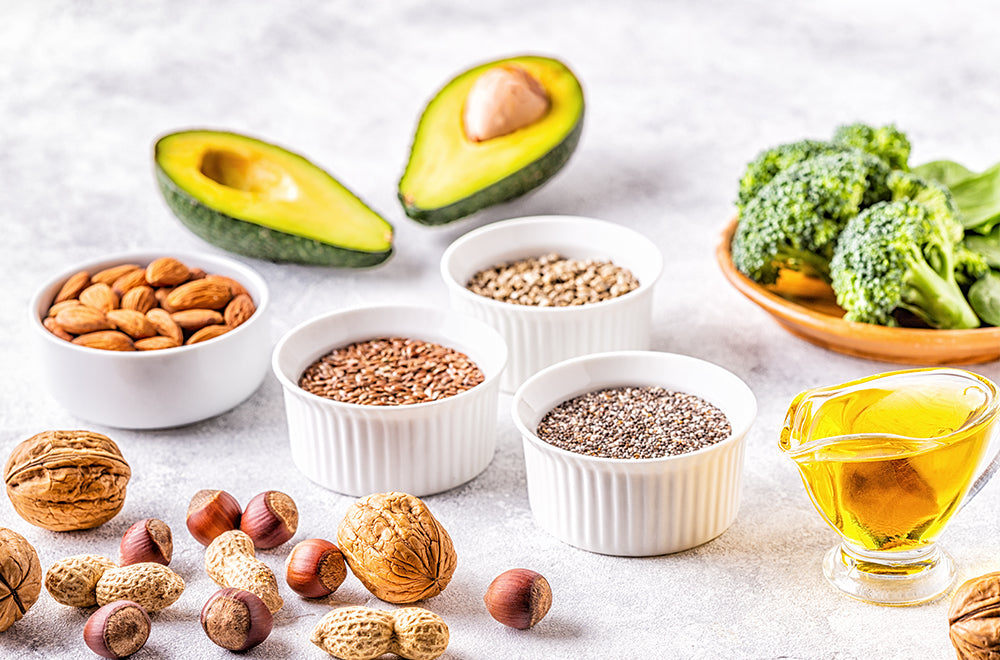
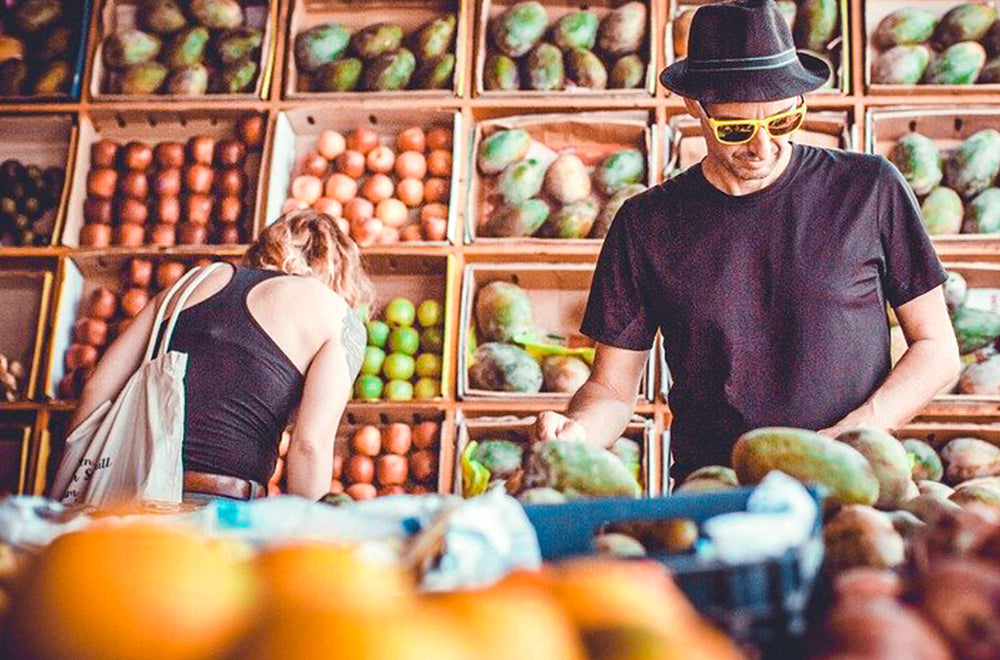
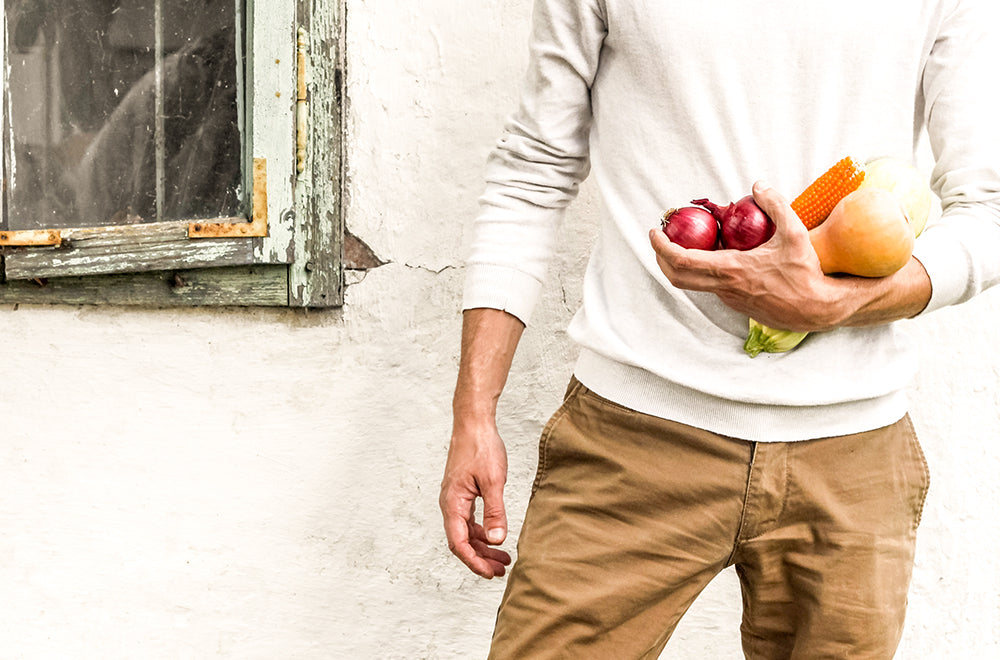
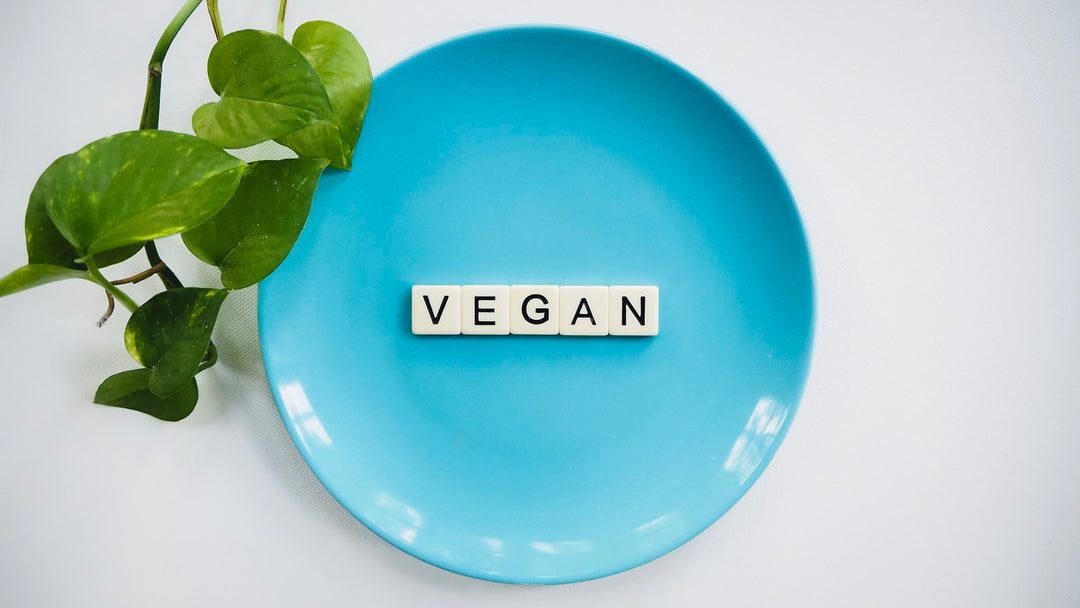

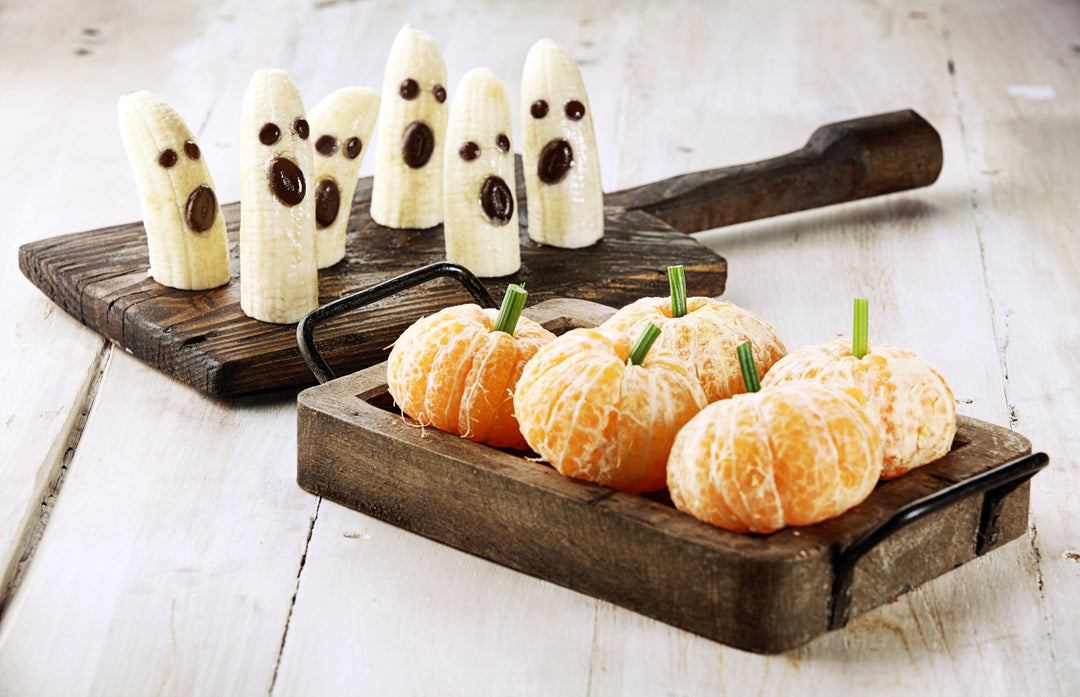
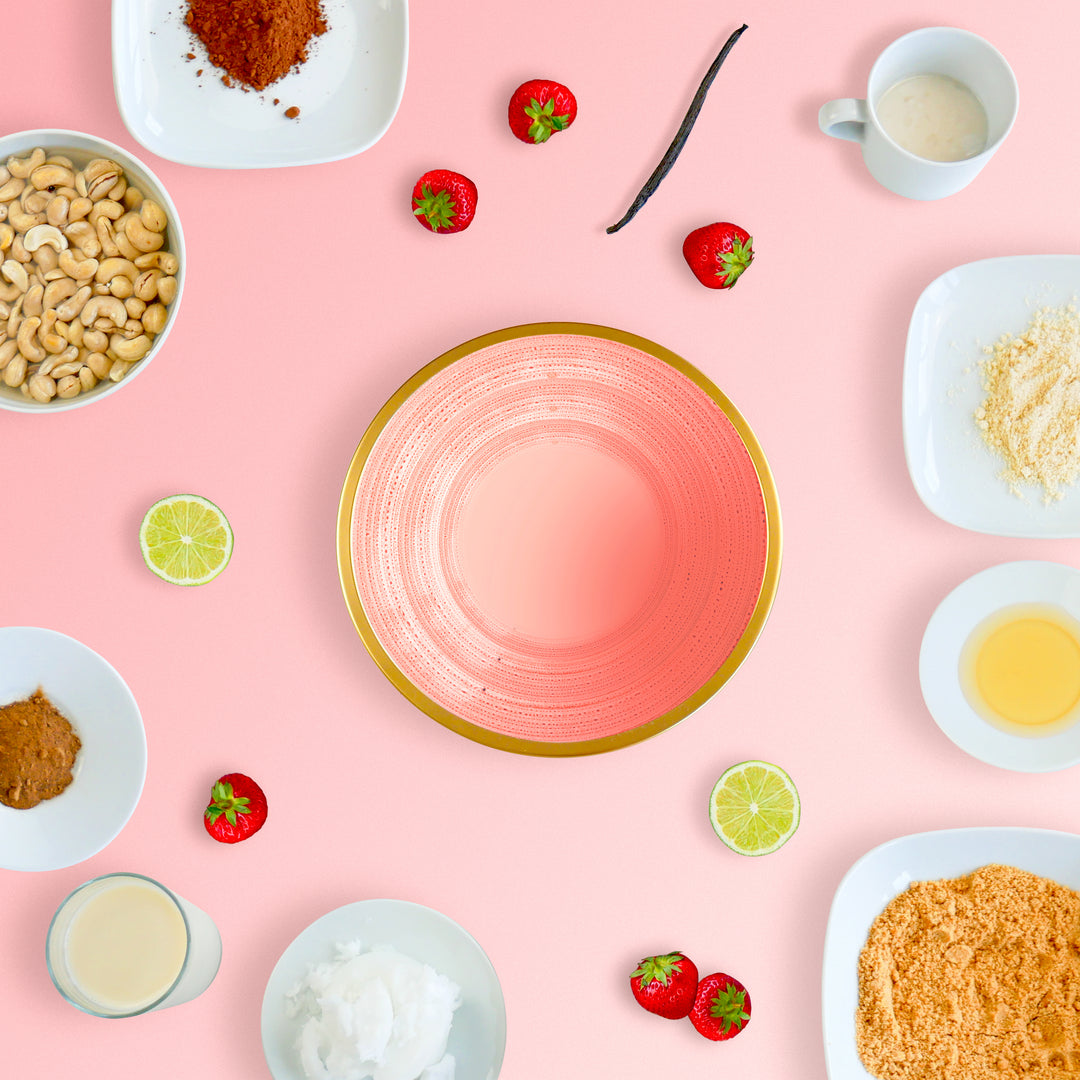
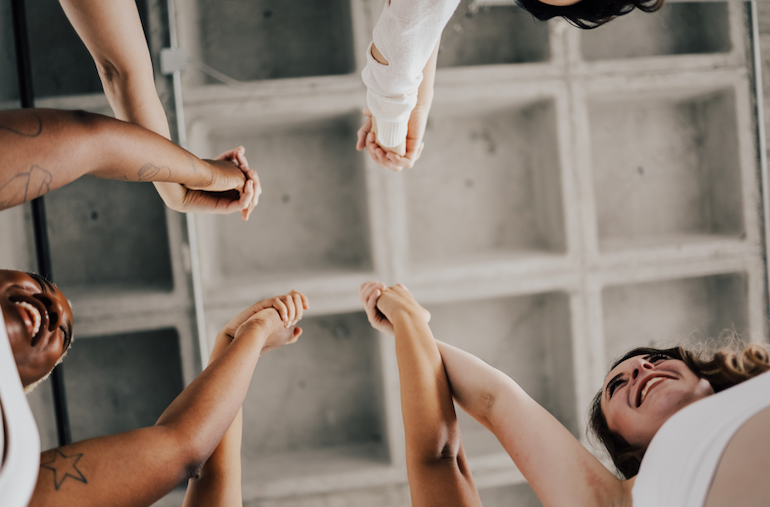
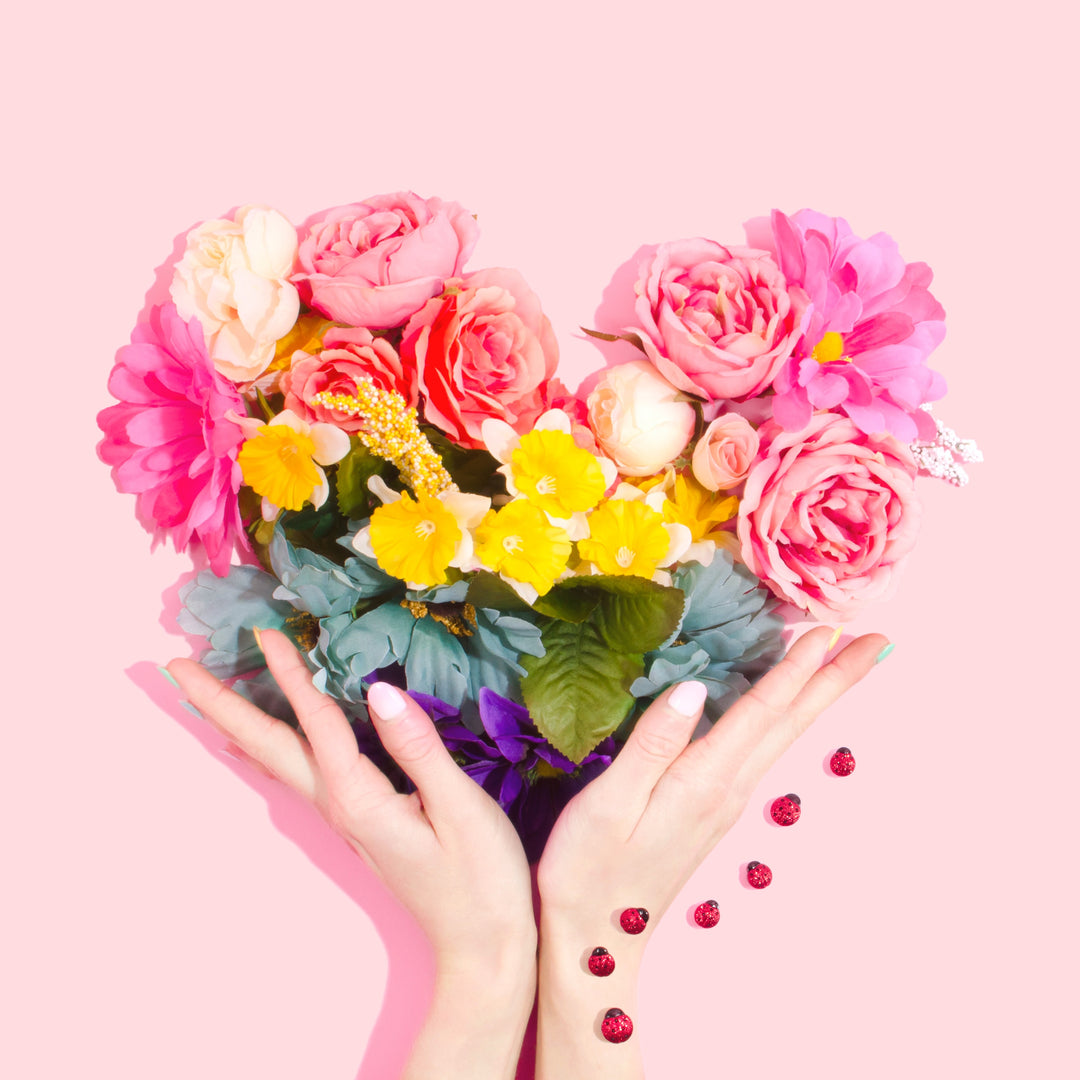
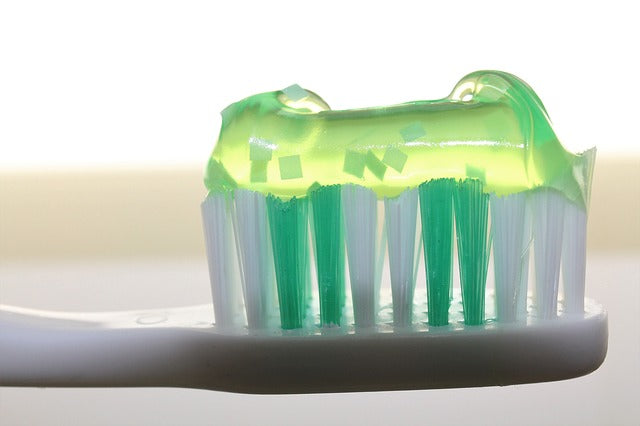
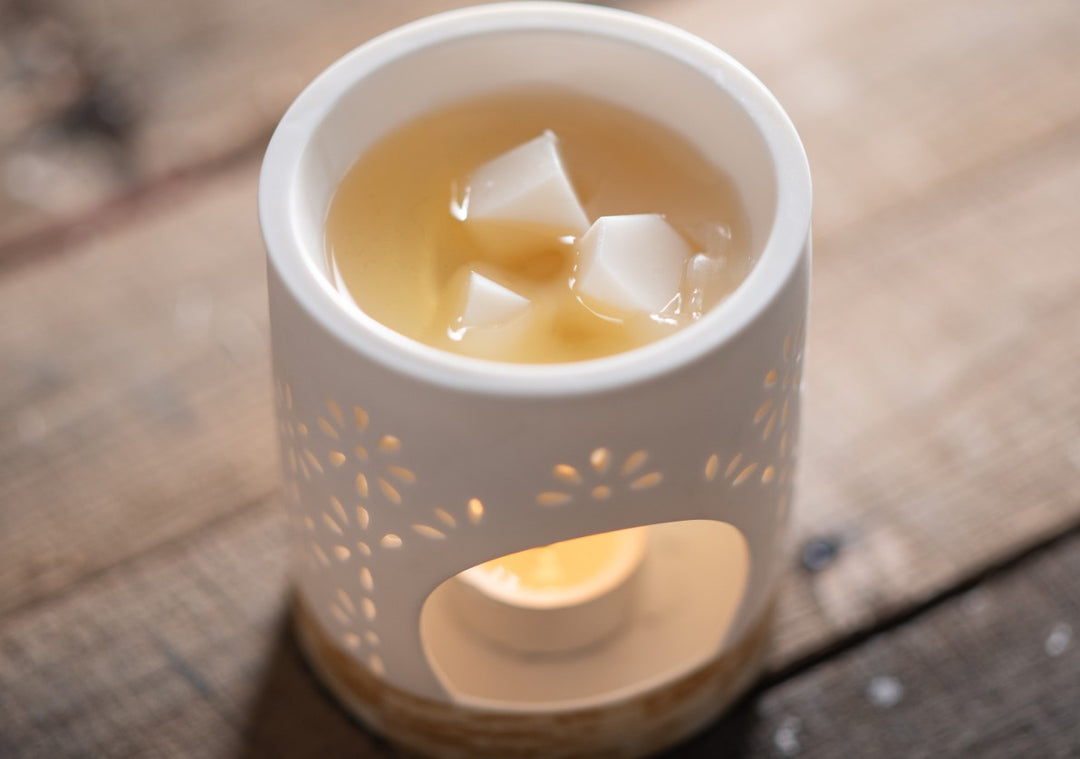
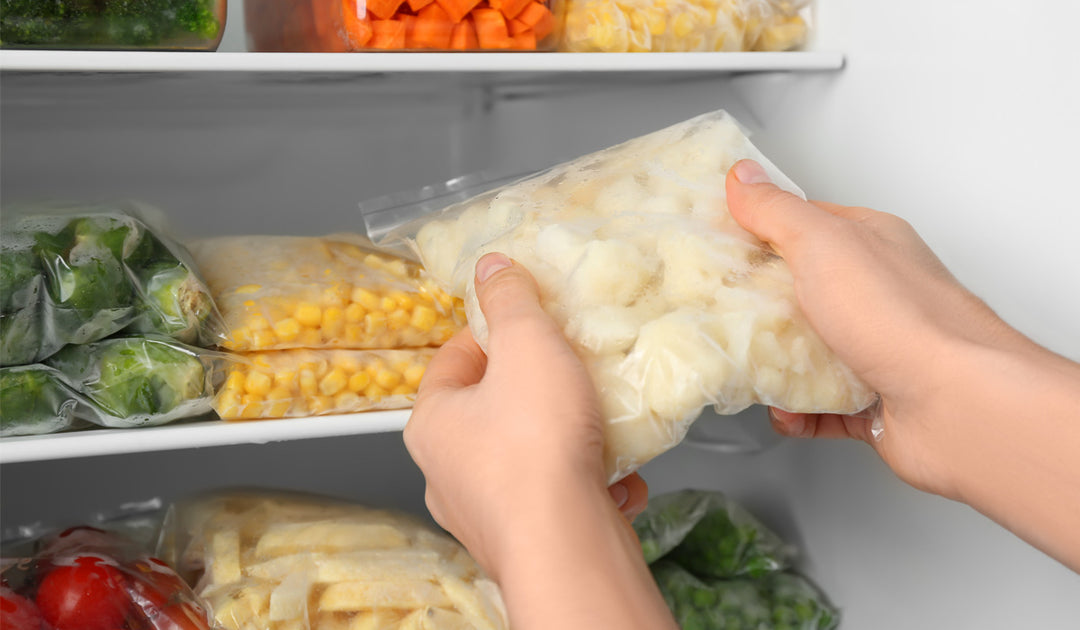
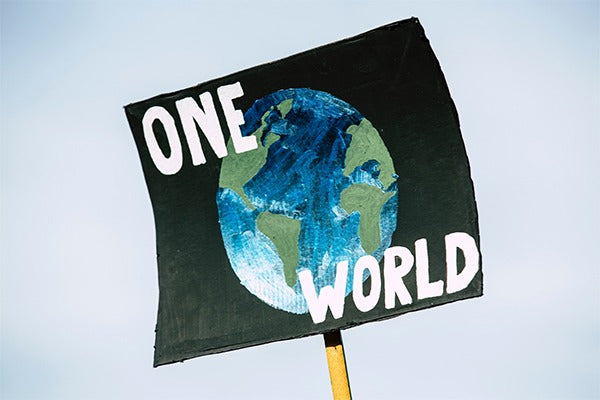

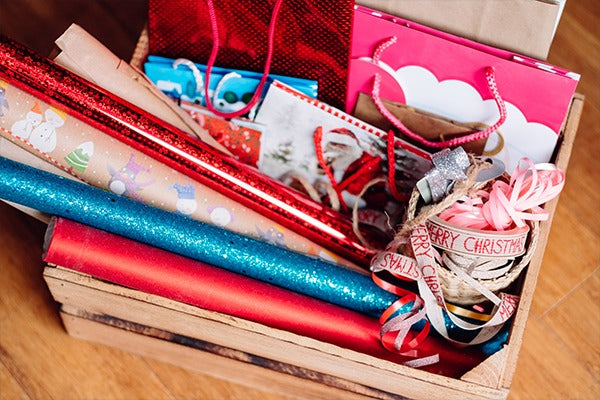
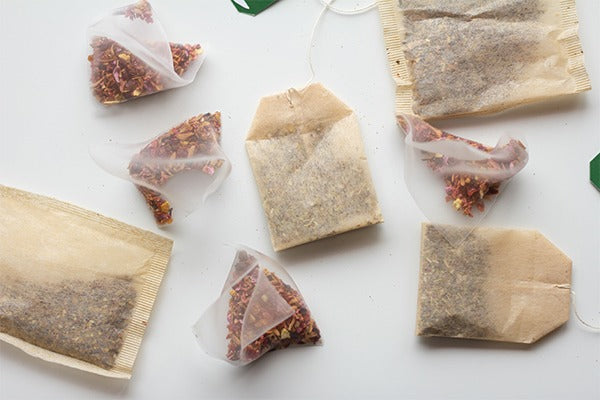
Leave a comment